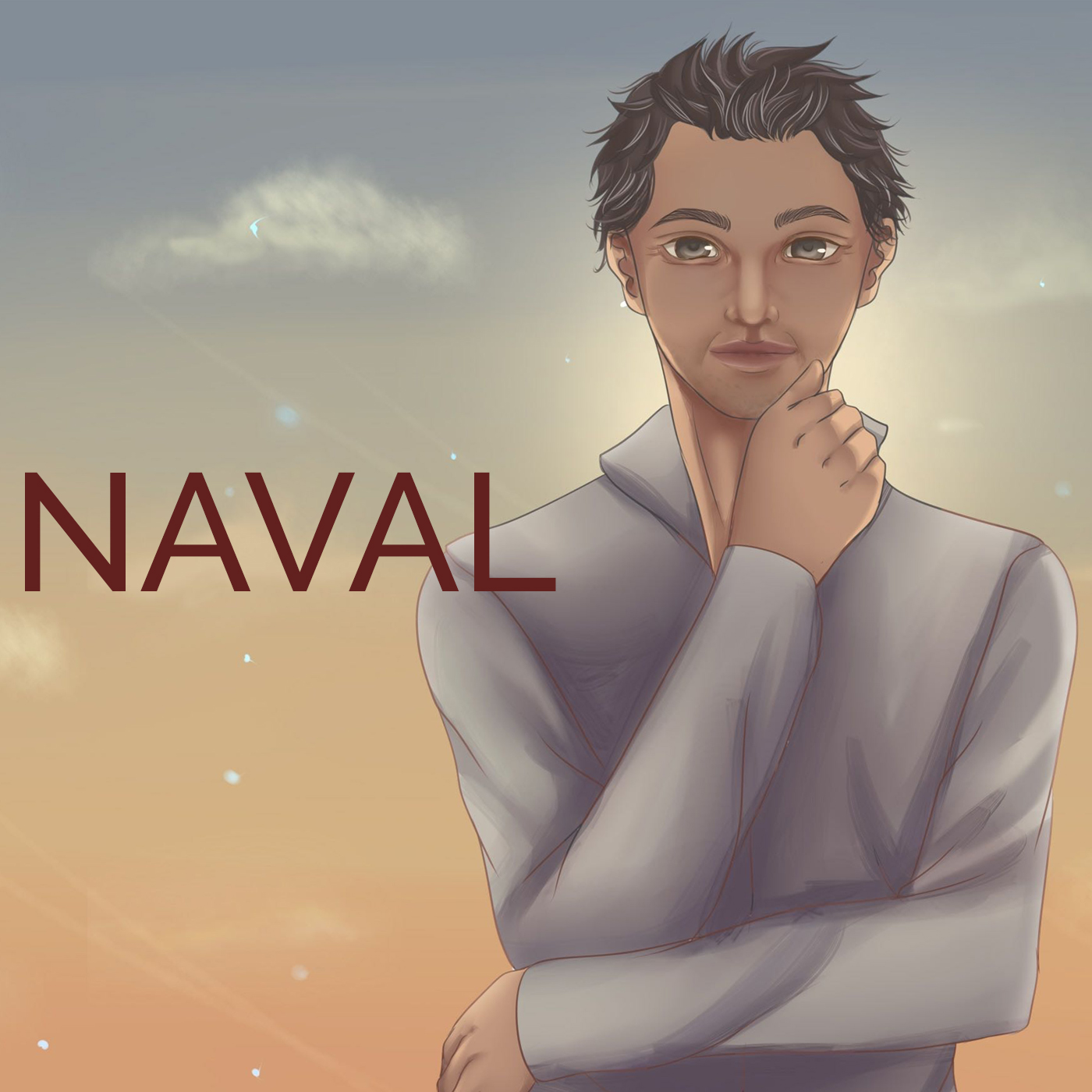Going even further is not just science. When we look at Innovation and technology and building, for example, everything that Thomas Edison did and Nikola Tesla did these were from trial and error which is creative guesses and trying things out. If you look at how Evolution Works through variation and then natural selection where it tries, a lot of random mutations and it filters out, the ones that didn't work. So this seems to be a general model through, which all complex systems improve themselves over time. They make bold guesses and then they weed out.
The things that didn't work, things like a beautiful symmetry to it across all knowledge creation. It's ultimately, an act of creativity. We don't know where it comes from and it's not just a mechanical extrapolation of observations. The most famous example on this, we mentioned black swans, we talked about boiling water, but the fun in easy one is the turkey. You can have a turkey that's being fed very well every single day and fattened up and it thinks that it belongs and lives in a benevolent household where the farmer comes and feeds it every day until Thanksgiving arrives in the mint's in for a very
A rude awakening or I should say an ending that shows you the limits of induction,
precisely the theories have to be guests and all of our great scientists have always made noises similar to this. It's only the philosophers, or certain mathematicians who think that this is the way that science happens that it's this inductive Trend seeking way of extrapolating from past observations into the future. Einstein said that he wasn't necessarily brighter than most other people. It's that he was passionately.
Interested in particular problems and he had a curiosity and an imagination, imagination was key for him. He needed to imagine what could possibly explain these things. He wasn't looking at past phenomena in order to come up with general relativity. He was seeking to explain certain problems that existed in physics. Induction wasn't a
part of it. Good explanations rely on creativity. These good. Explanations the testable and falsifiable of course, but they are hard to vary in the make risky and narrow predictions.
That's a good guiding point for anybody who is listening to this podcast and trying to figure out how they can incorporate this in their everyday life. Your best theories are going to be creative guesses. Not simple extrapolations.

